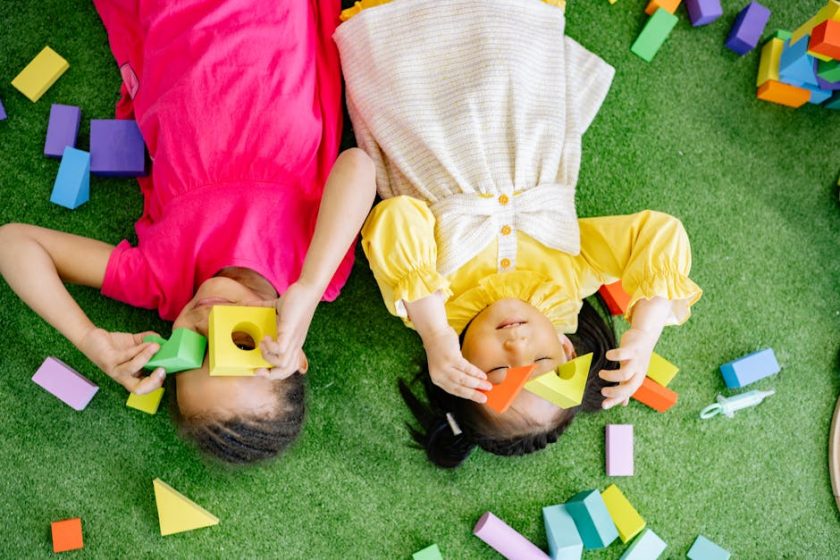Playing with toys and games isn't just about having fun; it's a crucial part of a child's development. From building blocks to board games, these playthings offer a wealth of learning opportunities that shape young minds in countless ways. Let's explore seven key benefits of incorporating toys and games into a child's life.
Toys and games stimulate creativity and imagination. Building forts, creating stories with action figures, or drawing fantastical creatures are all activities that nurture a child's ability to think outside the box. This imaginative play lays the foundation for problem-solving and innovative thinking later in life.
Fine motor skills are honed through manipulating small objects like puzzle pieces, building blocks, or even the buttons on a toy remote. These activities strengthen hand-eye coordination and dexterity, essential for tasks like writing, drawing, and using tools.
Playing games introduces children to the concept of rules and turn-taking. Board games, card games, and even simple playground games teach children how to follow instructions, negotiate, and cooperate with others. These are vital social skills that contribute to positive interactions and relationships.
Language development gets a boost through play. Children learn new vocabulary, practice sentence construction, and improve communication skills while interacting with others during playtime. Singing songs, reciting rhymes, and engaging in pretend play all contribute to language acquisition.
Problem-solving skills are developed through games and puzzles that require logical thinking and strategic planning. Figuring out how to build a tower, solve a riddle, or complete a puzzle challenges children to think critically and find solutions.
Emotional development is fostered through play. Children learn to express their feelings, manage emotions, and develop empathy by engaging in pretend play scenarios, role-playing, and interacting with others during games.
Toys and games provide opportunities for physical development. Activities like riding a bike, playing with a ball, or engaging in active play promote gross motor skills, coordination, and physical fitness. These activities contribute to overall health and well-being.
Incorporating a variety of toys and games into a child's life provides numerous benefits that extend far beyond simple entertainment. These playthings are valuable tools that contribute to cognitive, social, emotional, and physical development, shaping well-rounded individuals prepared for future challenges and successes.

